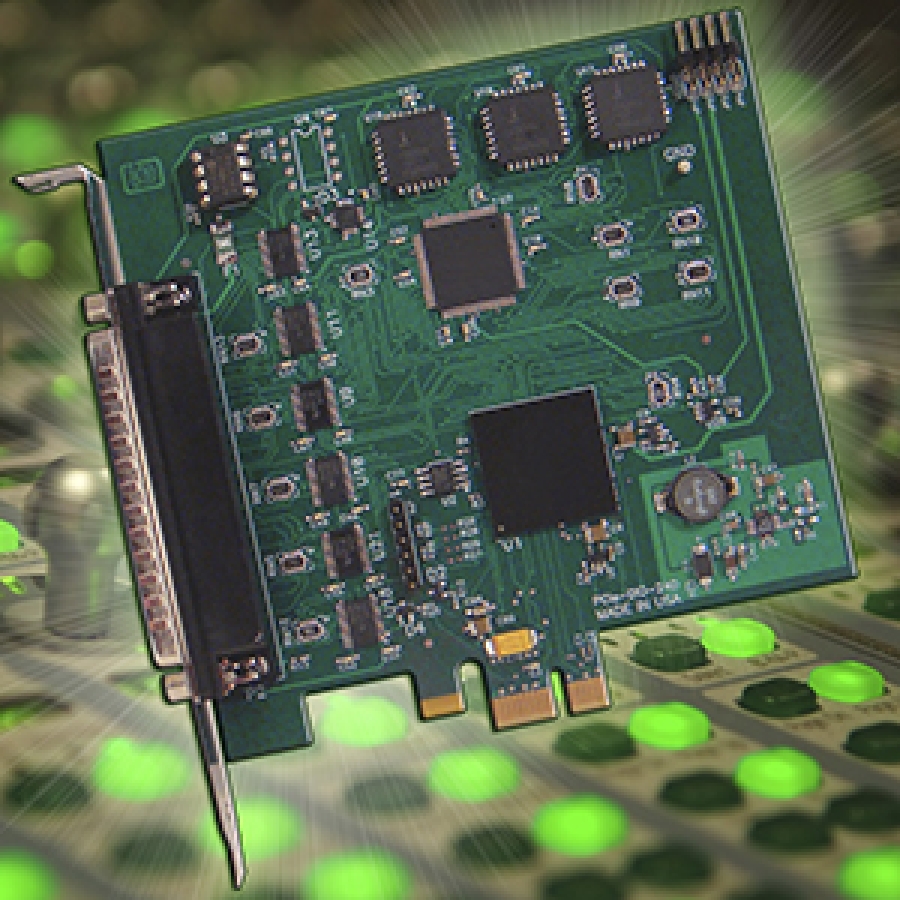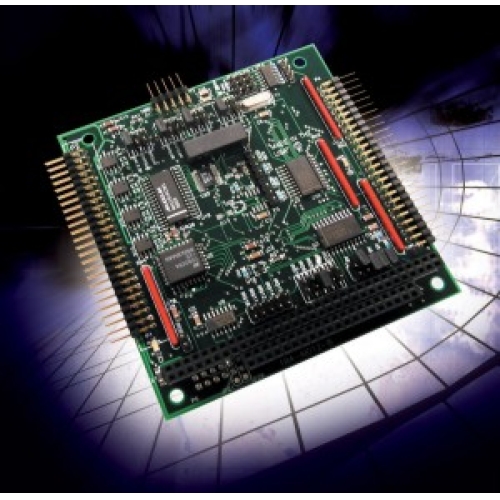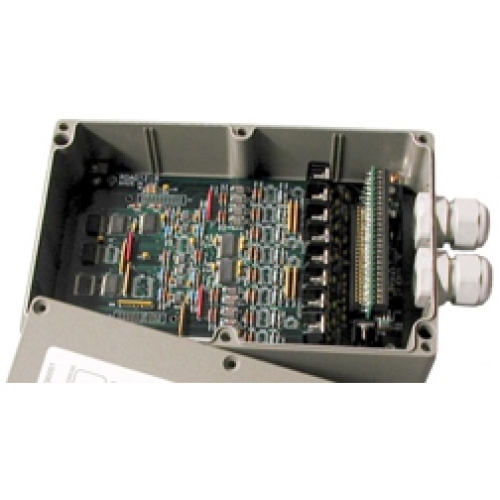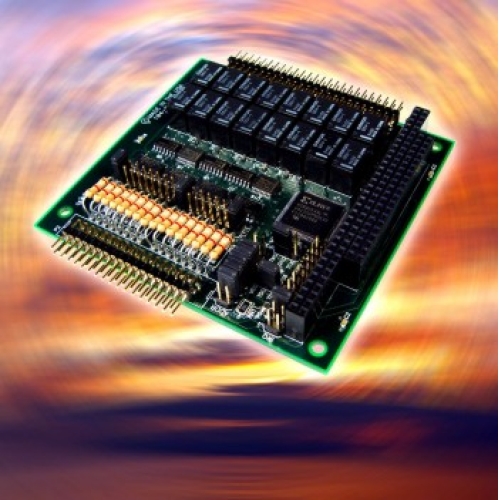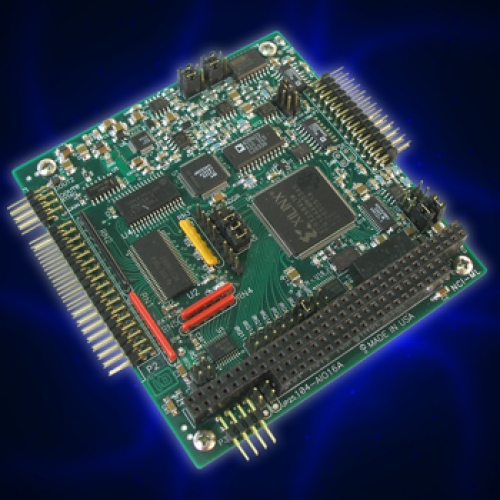PCIe-DIO-24D/DC/DS/DCS
PCI Express Digital I/O Cards with Counters and COS Detection
PCIe-DIO-24D/DC/DS/DCS
This product is a x1 lane PCIe DIO board available in four models ranging from basic DIO to advanced COS detection and Counter/Timer capabilities. The card emulates an 8255 compatible chip, providing 24 DIO lines. The DIO lines are grouped into three 8-bit ports: A, B, and C. Each 8-bit port is configured via software to function as either inputs or outputs. Port C can be further broken into two 4-bit nybbles via software and configured as either inputs or outputs. Each DIO line is buffered and capable of up to 32mA source/sink. The VCCIO logic level is globally configured via jumper selection as 5V, 3.3V, 2.5V or 1.8V. Also, ports A, B, C low nybble, and C high nybble are individually software selected as pull-up or pull-down through 10kΩ resistor networks. The last configured pull-up/down state is stored in on-board non-volatile memory and automatically applied at the next power up. The board is shipped factory default as pulled-up. I/O wiring connections for this board are via a male 37-pin D-sub connector. A ribbon cable can be used to connect this card to termination panels.
- Brand: Acces IO
- Size: 168mm (L) x 107mm (H)
PCIe-DIO-24D/DC/DS/DCS
ACCES I/O, Digital & Analogue I/O, Industrial IOT Devices, Plug-In Digital I/O Cards

Details
This product is a x1 lane PCIe DIO board available in four models ranging from basic DIO to advanced COS detection and Counter/Timer capabilities. The card emulates an 8255 compatible chip, providing 24 DIO lines. The DIO lines are grouped into three 8-bit ports: A, B, and C. Each 8-bit port is configured via software to function as either inputs or outputs. Port C can be further broken into two 4-bit nybbles via software and configured as either inputs or outputs. Each DIO line is buffered and capable of up to 32mA source/sink. The VCCIO logic level is globally configured via jumper selection as 5V, 3.3V, 2.5V or 1.8V. Also, ports A, B, C low nybble, and C high nybble are individually software selected as pull-up or pull-down through 10kΩ resistor networks. The last configured pull-up/down state is stored in on-board non-volatile memory and automatically applied at the next power up. The board is shipped factory default as pulled-up. I/O wiring connections for this board are via a male 37-pin D-sub connector. A ribbon cable can be used to connect this card to termination panels.
Ordering Info
- PCIe-DIO-24D
- PCIe-DIO-24DC
- PCIe-DIO-24DS
- PCIe-DIO-24DCS
Downloads
System Integration
Please ask about how we can configure your solution
Global Operations
We deliver and support products via offices globally
Full Warranty
Industry leading warranties on all solutions as standard
Technical Support
Experienced engineers are on hand to support your project
Can't Find What You Want?
Specification
24 high-current DIO lines Three optional 82C54 Counter / Timers IRQ generation from Port C bit 3, and Counter A2 (“C” models) and/or Change-of-State (COS) Detection (“S” models) DIO lines buffered Four and eight bit ports independently selectable for inputs or outputs Software selectable 10k ohm Pull-up/Pulldown resistors on DIO lines Jumper selectable VCCIO (5V, 3.3V, 2.5V,1.8V) VCCIO voltage available to the user via 0.5A resettable fuse
Delivery Information
Orders dispatched from Assured Systems USA will be delivered using FedEx.
Orders placed by EMEA customers will be delivered by DHL from Assured Systems UK.
Payment Methods & Options
Accepted payment methods for US customers include bank transfer, VISA or Mastercard in USD.
Accepted payment options for EMEA customers include VISA, Mastercard or bank transfer in GBP.
ACCES I/O: Warranty and Service Information
All ACCES I/O products distributed in the US and EMEA (including the UK) come with a 2 year warranty as standard, with additional extension options available upon request. As an official ACCES I/O partner, we are proud to provide customers with peace of mind and the highest quality products, including any systems which have been configured to meet individual specifications.
Related Products
You may also like...
